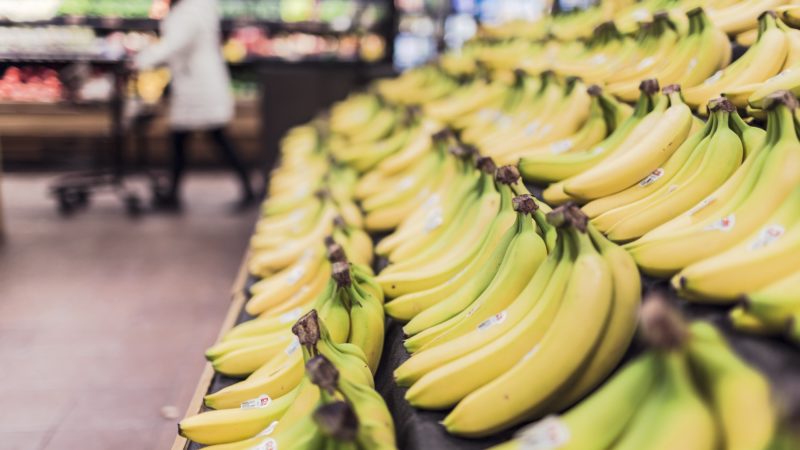
During Fairtrade Fortnight, I want to highlight unfair trading behaviour that still blights the food sector and outline Labour’s work on the Agriculture Bill to tackle this much more effectively than the government is willing to consider.
The grocery business runs on tight margins with huge pressure to cut costs in the supply chain. Smaller suppliers – including most farmers who grow our food both in the UK and overseas – are vulnerable to unethical treatment by their buyers. This can involve late payment, last minute price cuts or changing orders, as well as having to sign up to contracts with unexplained fees, or a guaranteed minimum profit margin for the buyer.
Cosmetic specifications are also used to reject shipments and deliveries of food at various stages of the supply chain, stimulating routine over-supply and waste. Fairtrade Foundation research on three commodities – bananas from Latin America, fresh vegetables from East Africa, cut flowers from East Africa – showed that the main issues relating to buying behaviour are: inappropriate product specifications, inaccurate forecasting, and pricing.
The UK Groceries Code Adjudicator was brought in nearly six years ago, following proposals under Labour in 2010 to toughen up the code of practice and ensure fairer treatment by big supermarkets of their suppliers. Food supply chains are complex, with the behaviour of one part of the chain often affecting a business many steps removed. To properly tackle unfair trading practices, a regulator must have the power to look at and address trading relationships along the whole chain. Focusing on the relationship between a farmer and their immediate buyer is unlikely to successfully identify the root cause of unfair practices.
It is vital not to leave out any trading relationships or sectors that may be a problem. This would be both illogical and create a very unfair playing field in farming and horticulture. The enforcing body needs not just powers but also the resources and expertise to do the job properly. But the government is resisting Labour’s call for the Agriculture Bill to extend the adjudicator’s remit throughout the food supply chain. Instead, they want to rely on the failed voluntary code of conduct model.
Now the EU has recognised the need for stronger protection of smaller suppliers. It is expected soon to adopt a new Unfair Trading Practices Directive, which will set up an enforcement authority in each member state to tackle unfair trading practices along the whole food supply chain (from producer to retailer). This approach is receiving support from Conservative MEPs. The directive will ban many of the problematic unfair practices in the food supply chain, including late payments, short notice cancellations of orders and unilateral supply agreement changes.
Throughout the Brexit process, Labour has pushed for the UK to enjoy at least equivalent rights and protections as are given in the EU. We are committed to fair trade and, as Traidcraft Exchange has pointed out, we cannot allow our suppliers to enjoy better protection when they sell into the EU than they have against UK supermarkets. That’s why we will be working on further amendments to the Agriculture Bill through the remaining Commons and Lords stages to toughen up supplier protections and the adjudicator’s powers.




More from LabourList
Government announce SEND reform in schools white paper
SPONSORED: ‘Industrial hemp and the challenge of turning Labour’s priorities into practice’
‘A day is a long time in politics, so we need ‘action this day’’